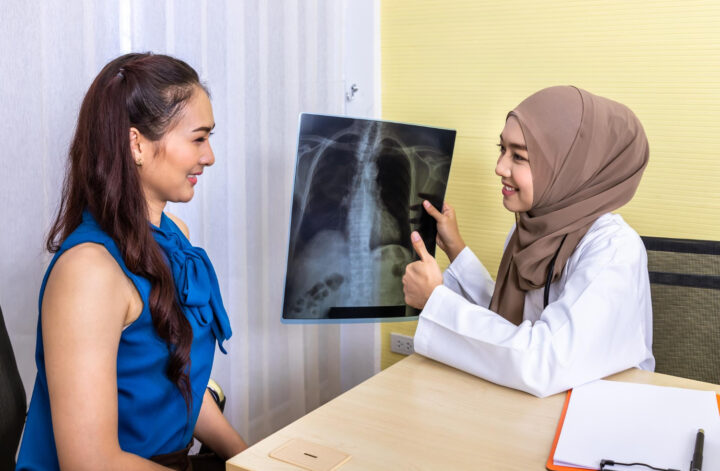Medical school not only equips future doctors with the knowledge and skills to provide healthcare, but it also instills a sense of responsibility towards community service and volunteerism. In Malaysia, medical schools play a pivotal role in shaping the next generation of healthcare professionals who are not only competent clinicians but also active contributors to society. This article explores the profound impact of medical school on community service and volunteerism, shedding light on why it is essential, how it is fostered, and the advantages it brings. Click widad university college website to learn more.
Why is community service and volunteerism important in medical school?
Community service and volunteerism are integral to the medical profession, as they help create well-rounded and compassionate doctors who go beyond the boundaries of clinical practice. Engaging in community service allows medical students to understand the healthcare needs of diverse populations, develop cultural competence, and gain a deeper appreciation for the social determinants of health. It fosters empathy, altruism, and a sense of social responsibility, encouraging students to address healthcare disparities and contribute to the well-being of underserved communities.
How does medical school foster community service and volunteerism?
Medical schools in Malaysia recognize the significance of community service and volunteerism and incorporate it into their curriculum. Through various initiatives and programs, students are exposed to real-world scenarios where they can apply their knowledge and skills to serve the community. These opportunities may include medical missions, health camps, community outreach programs, and collaborations with non-governmental organizations. Students also participate in extracurricular activities such as medical societies and clubs that actively engage in community service projects.

The advantages of community service and volunteerism during medical school
Engaging in community service and volunteerism during medical school offers numerous advantages. Firstly, it provides students with practical experiences that enhance their clinical skills and problem-solving abilities. By interacting with diverse populations, students develop cultural competence, adaptability, and effective communication skills. Moreover, community service cultivates teamwork and collaboration among students, enabling them to work effectively in interdisciplinary healthcare settings. These experiences also contribute to personal growth, building resilience, and fostering a strong ethical framework.
Conclusion
Medical school plays a vital role in shaping future doctors and preparing them to make a positive impact on society. Through community service and volunteerism, Malaysian medical students gain practical experiences, develop empathy, and strengthen their commitment to serving the community. The integration of community service initiatives within the medical school curriculum equips students with essential skills and values that go beyond clinical competence. As Malaysians continue to face healthcare challenges, medical schools serve as a catalyst for empowering students to address these issues and contribute to the well-being of the nation. By nurturing a spirit of community service and volunteerism, medical schools in Malaysia are shaping a generation of doctors who are not only skilled healthcare professionals but also compassionate advocates for a healthier and more equitable society.



